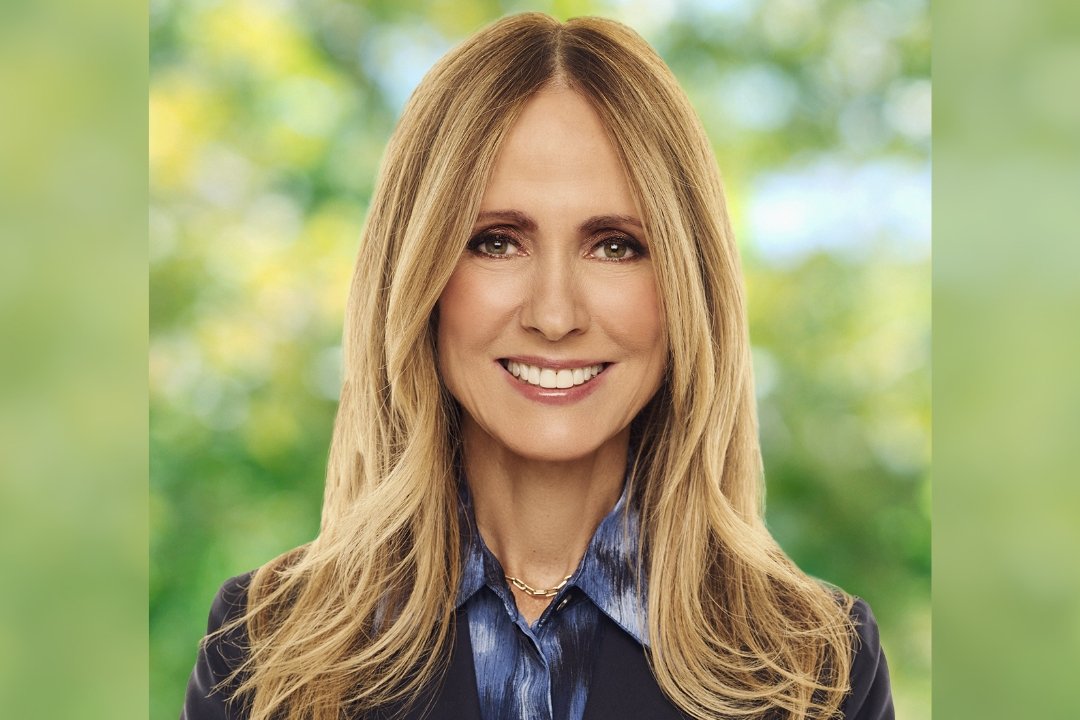When Rachel Reeves took to the stage in July 2024 to deliver her first speech as Chancellor of the Exchequer, it was clear that the UK was facing its toughest economic moment in decades. With a £22bn hole in public finances, public services on the brink, and the economy at risk of falling deeper into recession, the stakes were high. In her speech, she promised growth, investment, and reform as the keys to turning the ship around. Yet, as the dust settles on her budget and the economy continues to stutter, the road ahead looks far more treacherous than Reeves and her team may have anticipated.
The weight of inherited challenges
Reeves entered office at a moment of economic crisis. The UK had narrowly avoided a severe downturn, but only just. Under Prime Minister Rishi Sunak, the UK had seen GDP dip by 0.3% in late 2023, pushing the country dangerously close to a full recession. The country’s economic struggles were compounded by inflation, an unemployment crisis, and a rise in mortgage rates. In short, Reeves’ inheritance was far from enviable, with the Labour Party now tasked with managing the fallout of years of underinvestment and austerity.
Despite these challenges, Reeves came out fighting, stating that sustained economic growth was the only route to prosperity for the UK. But as her budget unfolds, the real question is whether her plans will be enough to deliver the growth she promised — or if the UK is heading straight into a recession.
The ambitious but risky budget
Reeves’ budget was presented as a strategic plan to address the UK’s economic woes. In it, she focused on three major fiscal principles: stability, investment, and reform. She made it clear that the UK’s public finances were in desperate need of attention, and tax hikes would be necessary to bring stability. The budget also placed a strong emphasis on investment in public services and infrastructure to jumpstart economic recovery. But whether these measures will deliver growth or simply stifle the economy further remains to be seen.
Key points from Rachel Reeves’ budget:
Rachel Reeves’ budget introduced a series of significant measures designed to tackle the UK’s ongoing economic challenges. Employer National Insurance contributions will rise by 1.2p to 15p starting in April 2024, with the earnings threshold at which payments begin reduced, generating an expected £25bn annually by 2030. Corporation tax will be capped at 25p for the rest of this parliament. Additionally, the freeze on income tax and National Insurance thresholds will end in 2028, bringing more people into the tax net as their wages increase. Public service spending will see substantial boosts, with the NHS’s day-to-day budget rising by £22.6bn and an additional £3.1bn for capital investment. Investment in schools will increase by £6.7bn, a 19% real-terms rise.
On the wealth tax front, offshore trusts used by non-doms will be subject to inheritance tax, raising £2.5bn annually, and taxes on carried interest paid to fund managers will rise from 28p to 32p, bringing in an additional £100m. Changes to Capital Gains Tax (CGT) include increases in the lower and higher rates, from 10p to 18p and 20p to 24p respectively. A new 20p rate will apply to Aim-listed shares, and pensions will now be taxed upon inheritance. The economy is expected to expand by 1.1% in 2024, with inflation forecast at 2.5%. However, real disposable income is projected to fall by 1.25% in 2029 due to rising taxes. The tax burden as a share of GDP will increase to 38.3% by 2027-28, with borrowing forecast at £127bn in 2024-25. Public debt will be redefined to allow for extra borrowing, and £100bn will be invested in capital spending over the next five years.
A tough road ahead
Despite the ambitious proposals, the road to recovery may not be so straightforward. The UK is still in the thick of a cost-of-living crisis, and tax rises on businesses, while necessary to balance the books, could dampen investment. Reeves’ decision to raise National Insurance contributions, in particular, risks discouraging businesses from hiring or expanding, potentially leading to fewer jobs and a longer economic slump.
Additionally, the economic situation is still precarious. The Office for National Statistics reported that the UK economy failed to grow in the third quarter of 2023, and there’s a real risk of the country sliding further into recession. Growth projections for 2026 and beyond have been revised downward, leaving the UK on track for a period of stagnation rather than the thriving economy Reeves had promised.
The reality of negative messaging
What makes things worse is the negative messaging that has come from both Reeves and Prime Minister Keir Starmer in the lead-up to the budget. The constant focus on the economic challenges, while important, has not inspired confidence in the business community. Instead of laying out a clear and hopeful path for growth, the narrative has been one of austerity and difficult choices.
This could trigger a self-fulfilling prophecy. Businesses are hesitant to invest, fearing future tax hikes, while demand for goods and services could shrink as people feel the pinch. If the government cannot shift this narrative and show a clear path to recovery, the economic gloom could deepen.
Can Reeves turn things around?
Rachel Reeves has four years to steer the UK economy back on course, and her plans are certainly bold. But the big question is: can she balance the need for reform without choking off growth in the process? The real test will be whether she can encourage investment and create jobs while tackling the country’s financial challenges.
It’s too early to judge whether her budget will spark the economic recovery she’s promised. What’s clear, however, is that the coming years will be crucial. Reeves and her team face the tough job of making progress without stifling the economy further. If she can strike the right balance between investment, tax changes, and growth, the UK could still have a shot at a brighter future.
But for now, the outlook remains uncertain. With so many obstacles ahead, Reeves will need all the political support and strategic vision she can gather to avoid making things worse and ensure the UK’s economic recovery stays on track.











